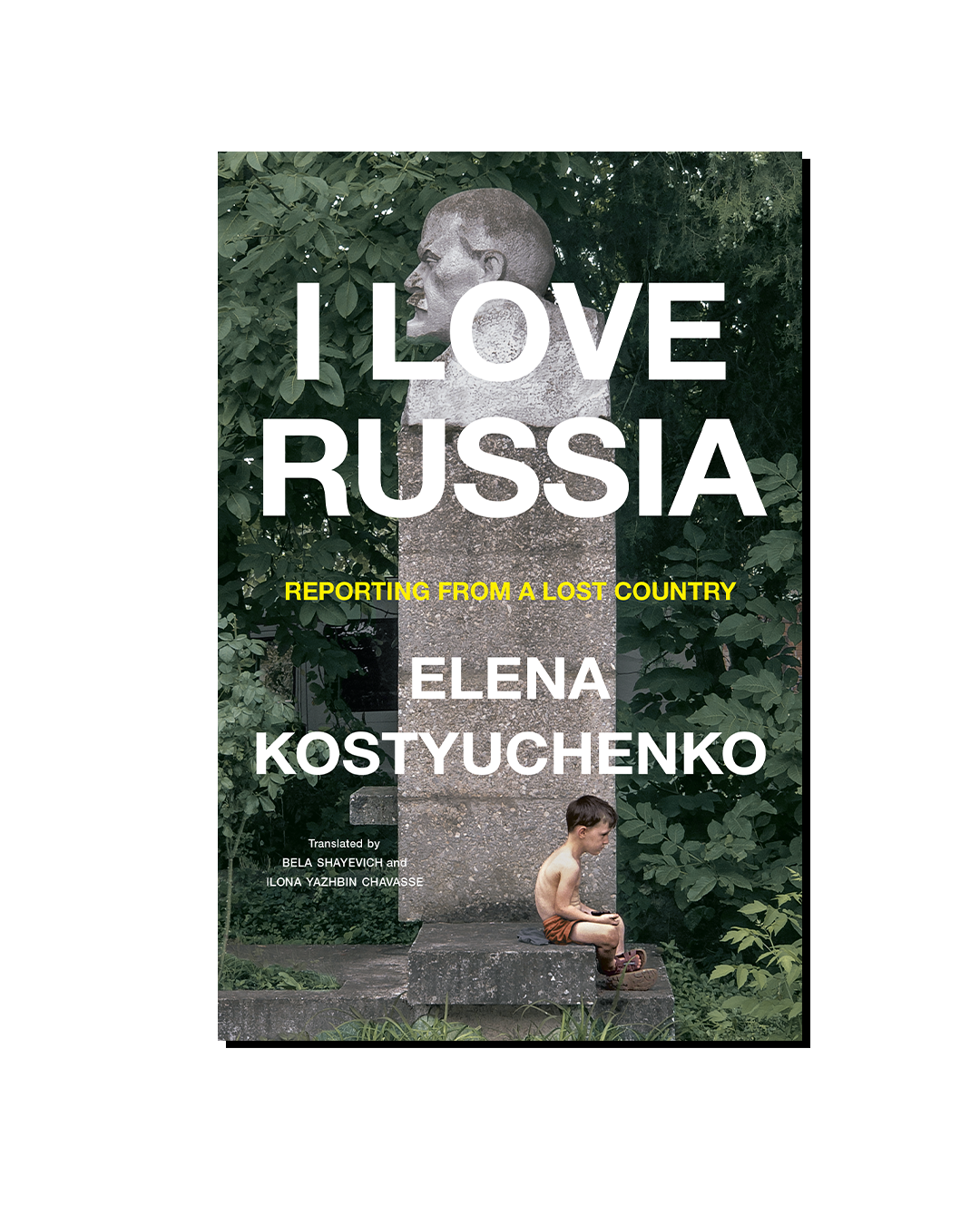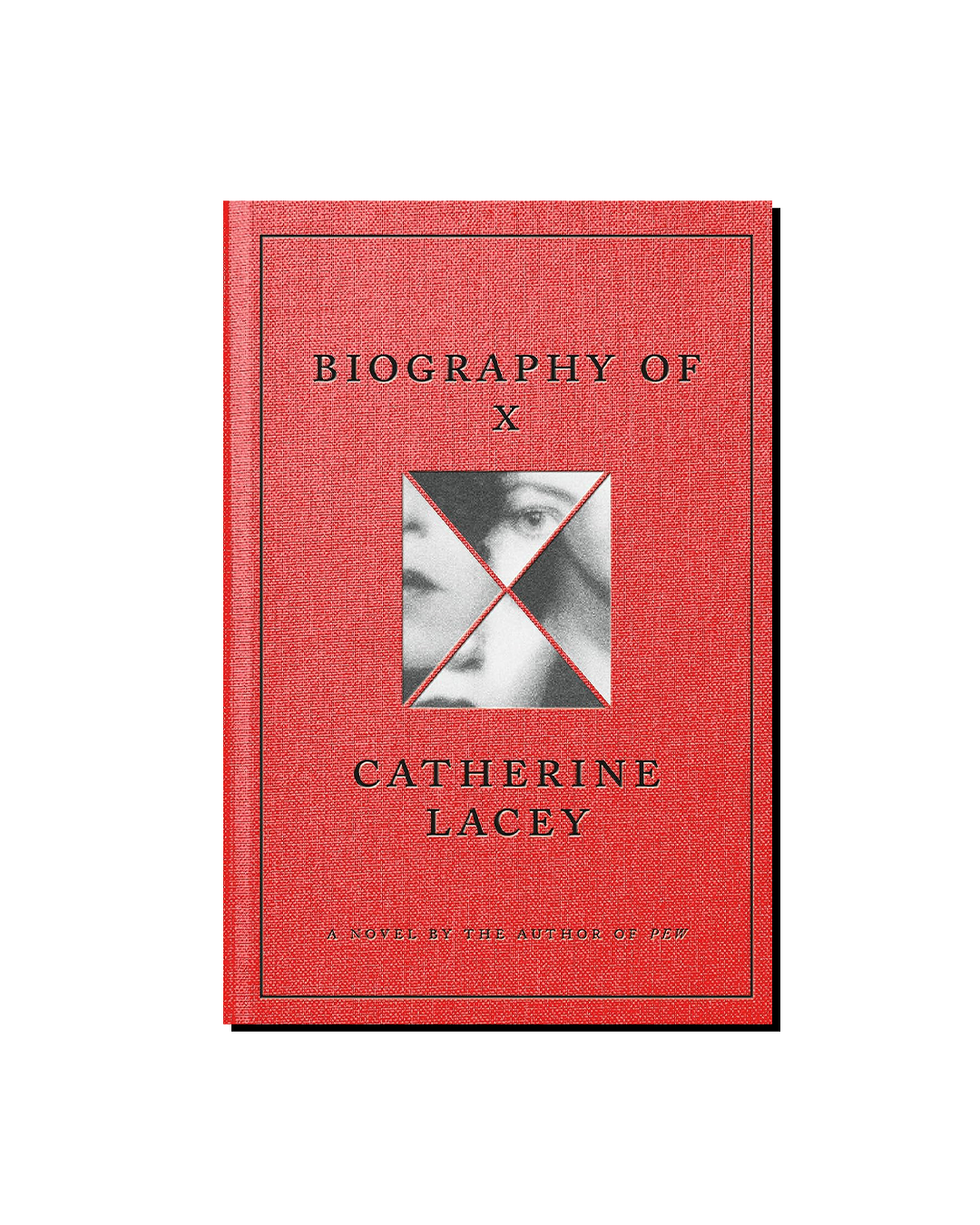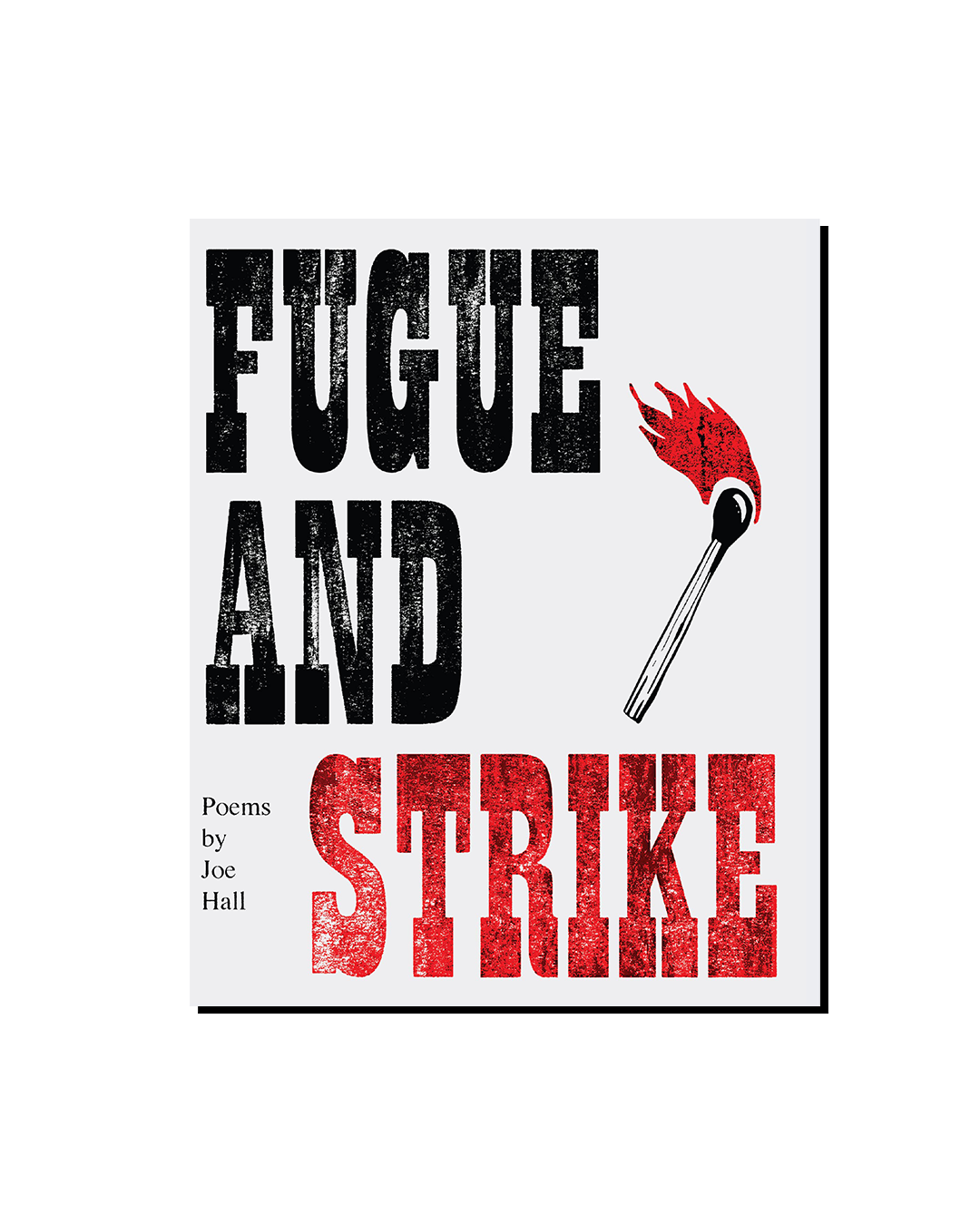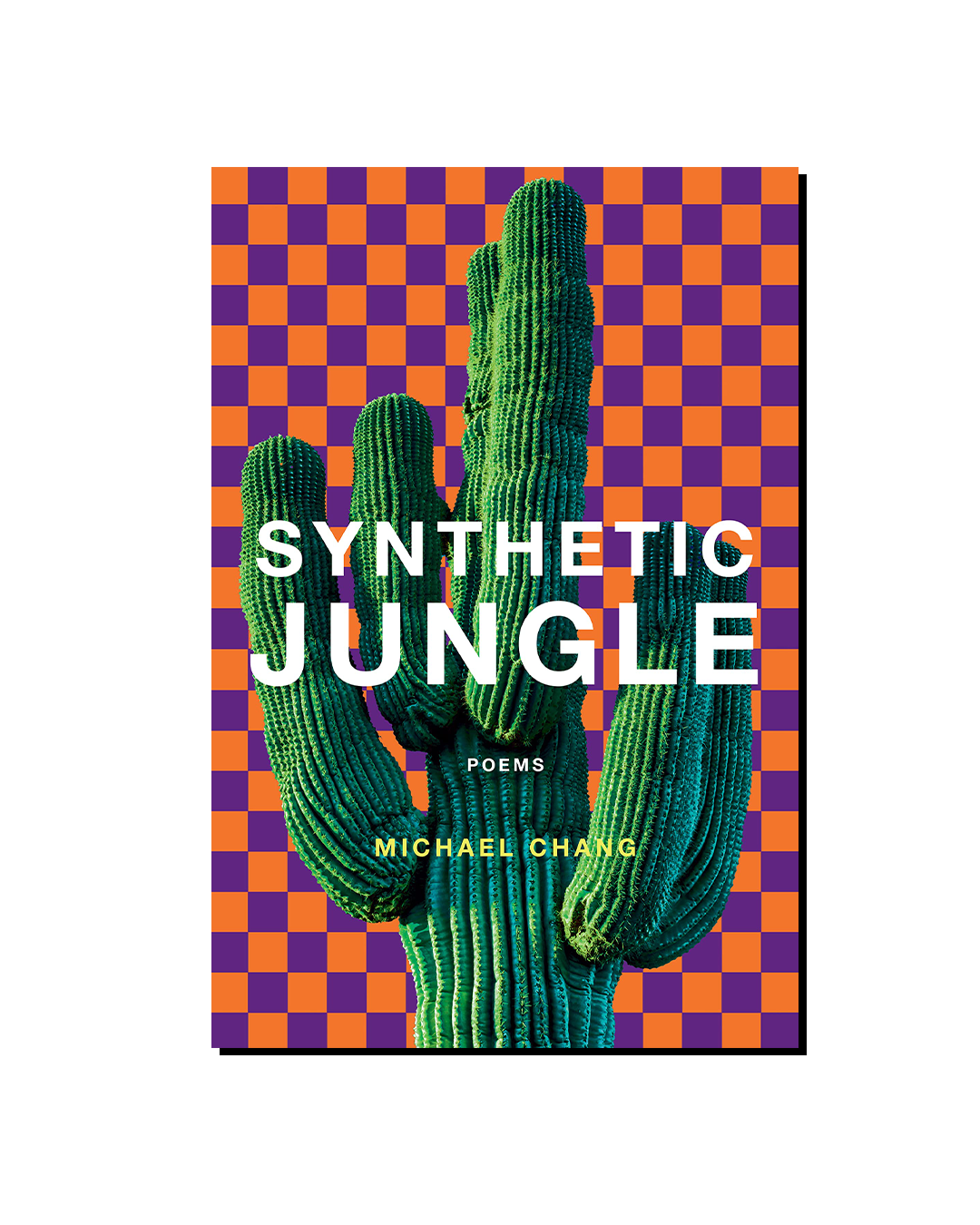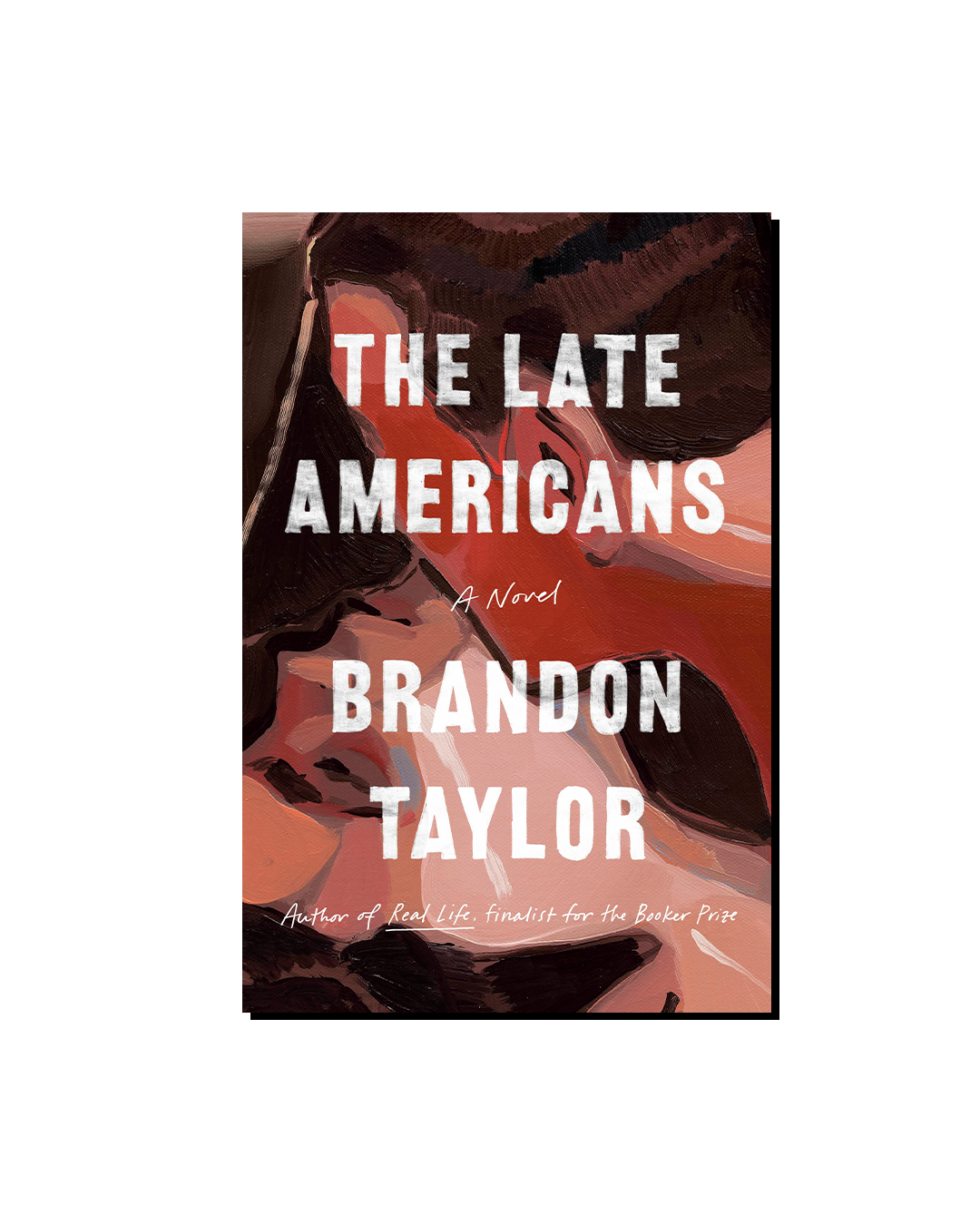Milk Money: On Laura Mullen’s “EtC”
Mullen hands us this unsellable product of the Diary Industry as if it were what we’d always wanted—a project book stripped of recognizable content by the very process of that projection. It’s genre-ending.
Unraveled Narratives: On Annie Ernaux’s “The Young Man”
After we peel back the narratives that we spin subconsciously, those stories that are shaped by external forces—whether capricious lovers or restrictive laws—maybe we are free to craft new ones.
Andy Warhol Has Been Shot: On Nicole Flattery’s “Nothing Special”
But if it’s impossible to determine the combination of forces that might elevate a woman to the status of It Girl, that doesn’t mean we have ever stopped trying.
Sisyphean Domesticity: On Mieko Kanai’s “Mild Vertigo”
An inchoate despair is the dominant mood of the novel, as Natsumi’s feelings of emptiness, dizziness, and vertigo collide against her Sisyphean rituals of domesticity.
Ordinary Russians: On Elena Kostyuchenko’s “I Love Russia”
It’s not an exaggeration to say that the story of Elena’s own life is the story of the Russia that was decisively lost in February 2022.
Phosphorescent Romanticism: On Magda Isanos’ “Homecoming”
Like a smothering deformative blight, these poems arrive in remission, the moment before full collapse, a slipstream incongruity between locations, futurities, and the clouded cataracts of speculation.
Take Me Out to the Data Field: On Evan Drellich’s “Winning Fixes Everything”
Baseball’s current executives cannot advance the sport as an antidote to the forces that make our lives less lifelike. The logical conclusion of their approach is the slot machine. The desired consumer is not a fan, but an addict.
Sweating Through Space and Time: On Catherine Lacey’s “Biography of X”
Nothing feels like it can be trusted: the quotes, the packaging of the narrative, even the narrator herself. This, of course, makes the novel’s own point—that any telling of a story betrays much more about the speaker than the subject.
That Girl: On Kathleen Alcott’s “Emergency”
The best stories are about people who we don’t really know but think we could. Had we gone to that party we missed; had we been born without that mole.
Enter the Fugue Zone: On Joe Hall’s “Fugue and Strike”
The text contends that there is such a thing as public space, and that the poet can intervene in it. Moreover, it asserts that Buffalo—a poor, working-class city in the Rust Belt, crumbling from decades of neglect—is capable of ecstatic beauty.
Conditions of Should: On Dana Gioia’s “Meet Me at the Lighthouse”
There are no shoulds besides making marks on a page and arranging those words in a particular order; what’s left is a condition of the present, of taste which cannot exactly be spoken to before it changes.
50 Ways to Leave Your Letter: On Michael Chang’s “Synthetic Jungle” (Excerpt)
do we live here — wedreamstories&scenesbutwedontlivethem (Notley) — or here — ppleatcronuts&frankoceanieatbusilybetweenyourlegs (Chang)
Dirty Work: On Irene Silt’s “My Pleasure” and “The Tricking Hour”
Writing histories of struggle alongside imagined futures of collective care, there is no isolated subject. Silt’s essays and poems serve as a sprawling manifesto, showcasing the peculiarities of pleasure under capitalism.
Told by an Idiot: On Jaroslav Hašek’s “The Man Without a Transit Pass”
Hašek is mocking authority and bourgeois respectability, of course, but the criticism is ultimately of the individual’s inability to tolerate being the butt of a joke. If the universe is absurd, then we shouldn’t be so foolish as to take it seriously.
Weeding or Writing: On “Henry at Work”
Their most valuable contribution comes not from extrapolating what “Thoreau would say” about contemporary problems, but in showing where his ideas can lead us when paired with a more robust sense of class consciousness and a stronger drive for action.
Cis Gender Studies
In a time of ever-escalating state violence towards intersex, gender non-conforming, and trans people, what do cis scholars writing about gender owe their subjects?
Nomadic Hedonism: On Robert Plunket’s “My Search for Warren Harding”
The most beguiling aspect of My Search for Warren Harding is the way Plunket manages to discount the meaning of romance, literature, and history to such an extent that none much help us read his novel.
Machine in the Garden: On Marty Cain’s “The Prelude”
Rather than a rurality for tourists, a land recast as a bourgeois playground pervaded by natural and cultural heritage, Cain attempts a rurality that is grotesque and potent. He performs a pastoral contaminated by history.
I don't want to talk about it: On Brandon Taylor’s “The Late Americans”
Taylor’s characters fail to reconcile deeper emotional desires with the reality that their immediate environment is not a place to escape, but rather the very territory in which “real life” happens.
What will not cohere: On Valerie Hsiung
In that pulse between orality and literacy, the history of thinking and breathing, something forced—to hurl. Somewhere someone is apologizing for existing.





